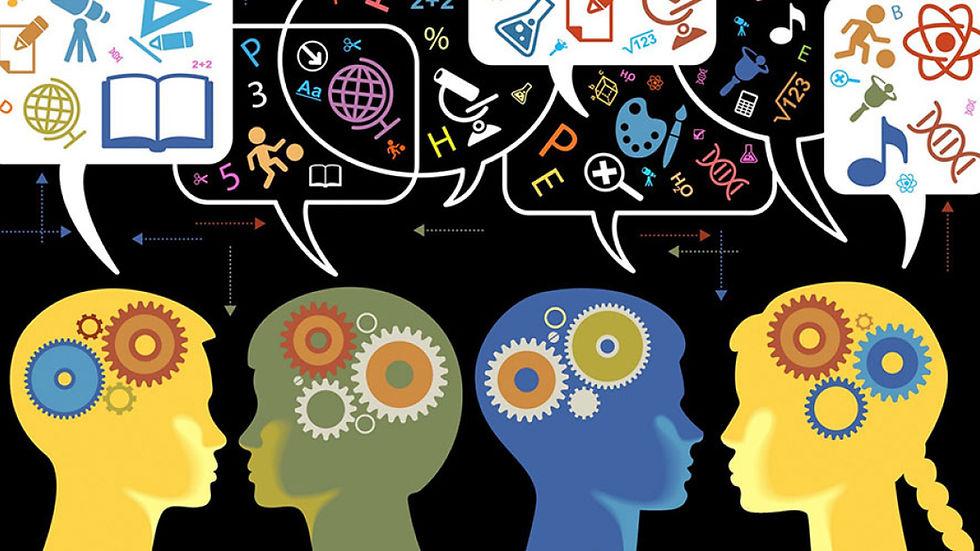'Critical race theory' means ... um ...
- Joanne Jacobs

- Oct 24, 2022
- 1 min read
Should schools teach critical race theory (CRT)? Fifty-one percent of Americans have never heard of it or know nothing about it, according to a recent poll by USC researchers, part of the Understanding America Study. "Almost all score poorly on a knowledge quiz about CRT."

Asked about beliefs central to CRT, there were partisan splits, writes Beth Hawkins on The 74. For example, 69 percent of Democrats, but only 24 percent of Republicans said "racism is central and fundamental to the U.S. experience."
However, the researchers noted that those polled "overwhelmingly support a societal goal of treating all people the same without regard to the color of their skin, and, to a lesser extent, that America is meritocratic— both ideas CRT would contest."
Most 18- to 20-year-olds say they've learned in school about one or more ideas central to critical race theory, write Zach Goldberg and Eric Kaufmann in City Journal. They
conducted a survey on exposure to race and gender concepts for the Manhattan Institute.
Sixty-nine percent had heard about "white privilege," 67 percent that "America is built on stolen land," 62 percent that “America is a systemically racist country” and 57 percent about "implicit bias."

In some cases, teachers may be using these ideas "as fodder for healthy classroom debate or presenting them as perspectives among other competing ideas," they write.
However, 68 percent said they were not taught about opposing arguments or were taught that there are no “respectable” opposing arguments. There was little or no difference by political views or race in reports that these beliefs were present "as undisputed 'facts'— or at least facts only disputed by bigots and ignoramuses."



Comments